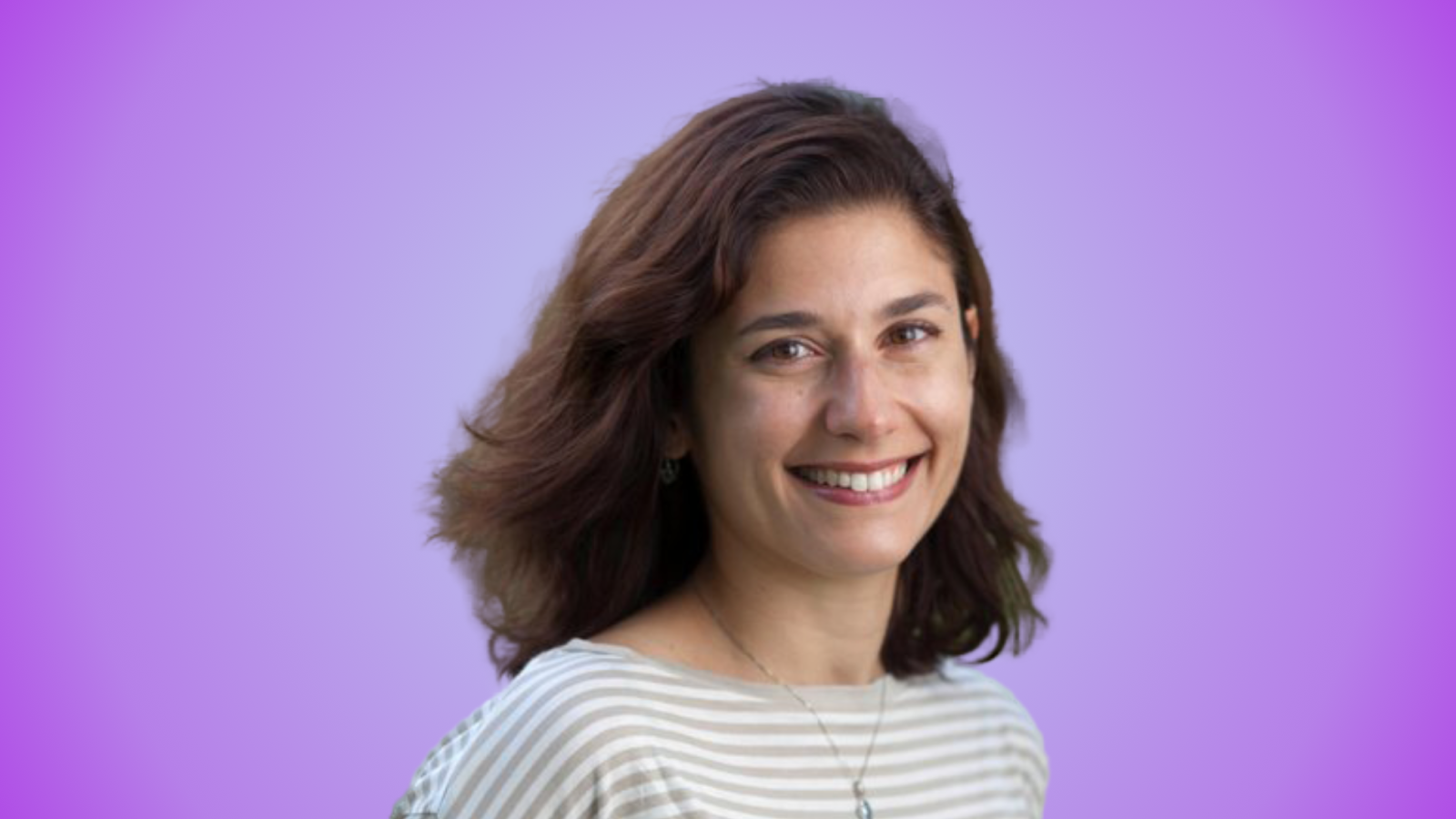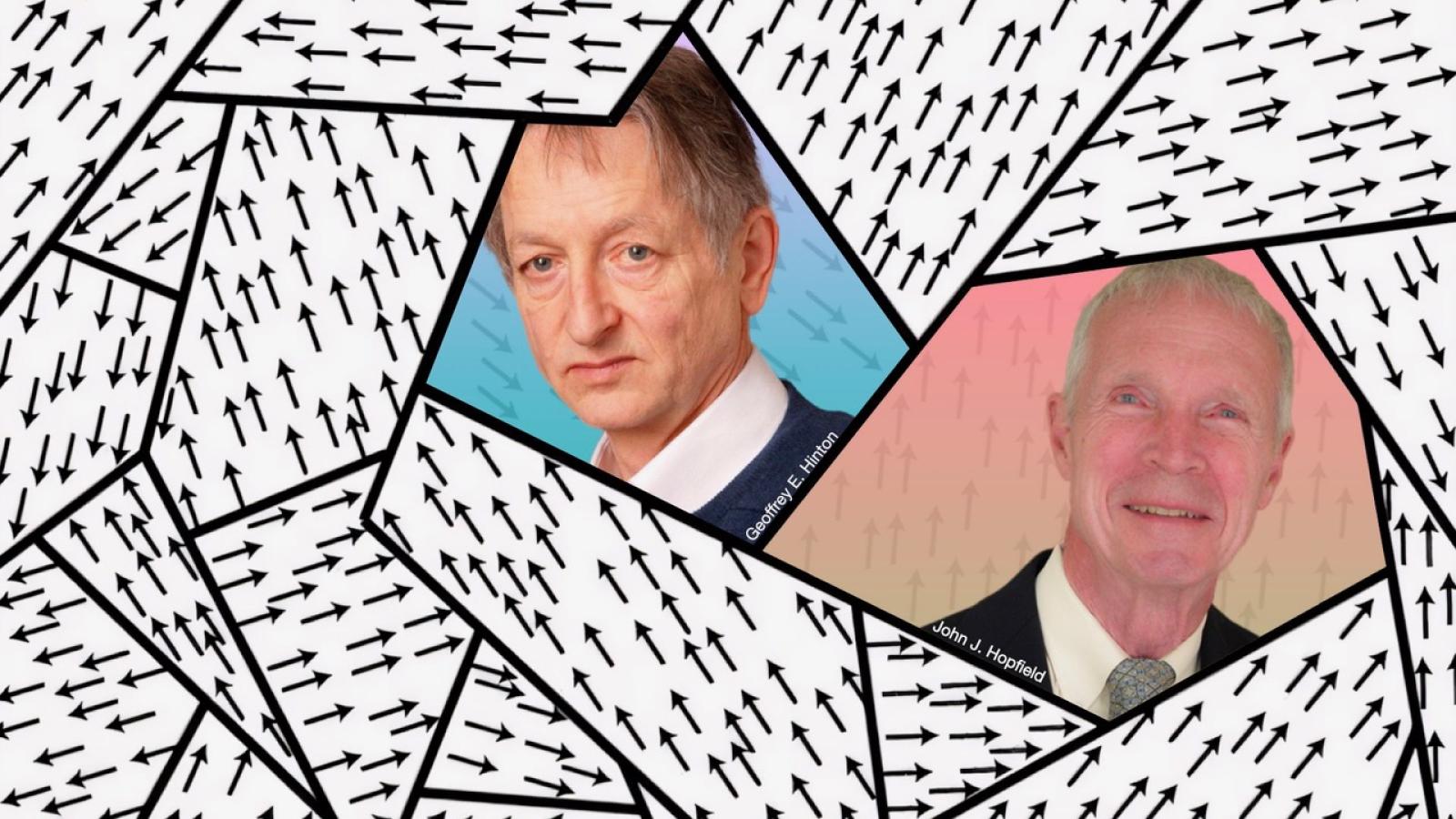
Un recente studio pubblicato su Thorax trova una decisa correlazione fra esposizione professionale ai pesticidi e il rischio di ammalarsi di broncopneumopatia cronico ostruttiva (BPCO), fra le prime cause di morte nel mondo. La ricerca, condotta sul data base UK biobank da un consorzio internazionale coordinato dall'Imperial College di Londra, vede come prima firma Sara de Matteis, medico ed epidemiologa del lavoro, ora professore associato presso l'Università di Cagliari. L'abbiamo intervistata per fare il punto sulla ricerca e sul problematico rapporto fra pesticidi e salute.


